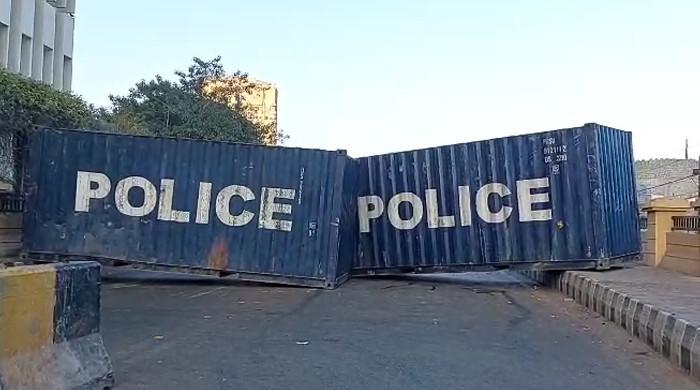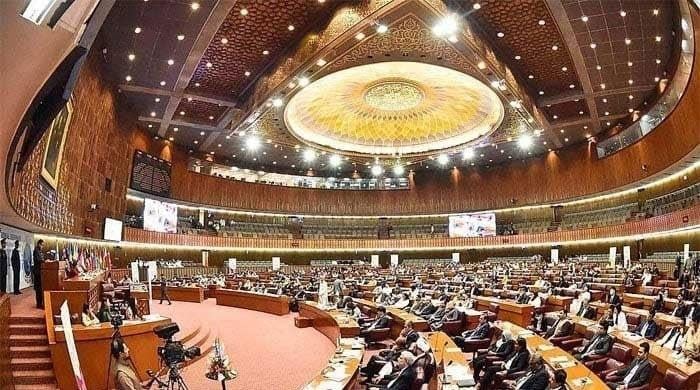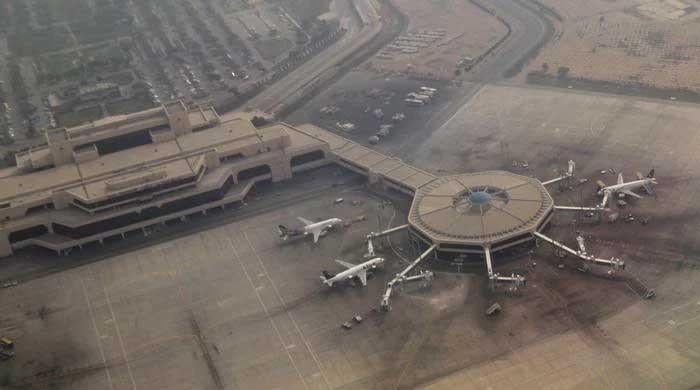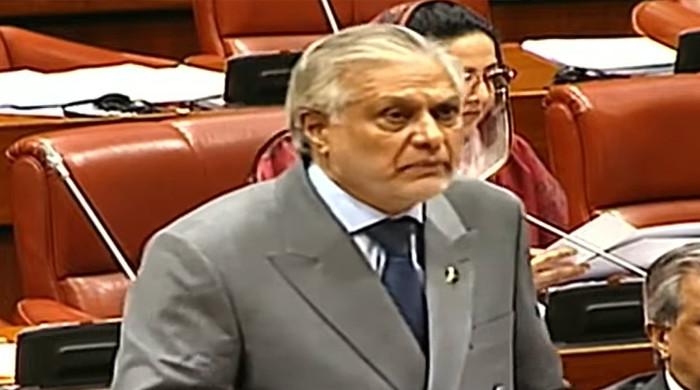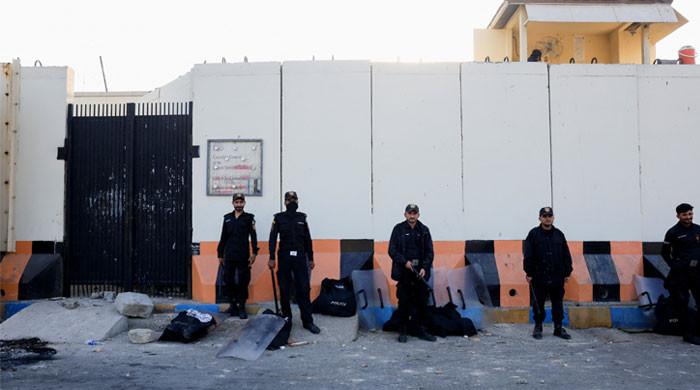Indian attempt to stop Pakistan’s water can be seen as act of war
Sartaj Aziz says if India violates the treaty Pakistan can approach the International Court of Justice
September 27, 2016
ISLAMABAD: Prime Minister’s Advisor on Foreign Affairs and Security, Sartaj Aziz said an attempt by India to block Pakistan’s water could be seen as an act of war.
Speaking on the National Assembly floor, Aziz said China would get justification to block Indian water if New Dehli did the same to Pakistan.
Sartaz Aziz briefed lawmakers on the Indus Water Treaty starting that international law prohibits Indian from unilaterally changing the treaty. He said the treaty was not even suspended during Kargil and Siachen wars.
He said that if India violates the treaty Pakistan can approach the International Court of Justice.
Indian Prime Minister Narendra Modi met with officials on Monday to review provisions of the Indus Water Treaty with Pakistan.
According to Indian media, New Delhi ruled out cancelling the Indus Water Treaty with Pakistan but is looking for ways of increasing its use of waters that flow from India but are controlled by Pakistan.
During the meeting Modi was quoted as saying “water and blood can’t flow at the same time”.
India media quoted official sources as saying the meeting decided to suspend further water talks and increase the utilisation of rivers flowing through Occupied Kashmir to maximise India’s share.
The meeting was attended by Foreign Secretary Subrahmanyam Jaishankar, National Security Advisor Ajit Doval, Principal Secretary Nripendra Misra and other officials.
The decision to review the treaty with Pakistan comes following the Uri attack in Occupied Kashmir in which 18 Indian soldiers killed.
Former Indus Water Commissioner Jamat Ali Shah on Monday slammed India for threatening to block the flow of water into Pakistan's Indus river.
"What should we believe of what the Indian PM says: ending poverty or blocking flow of water into Pakistan," he said. "This is open economic terrorism."
The former commissioner expressed fears that if the Indus Water Treaty ended then neighboring arch-rival may build up dams on Jhelum and Chenab rivers.





